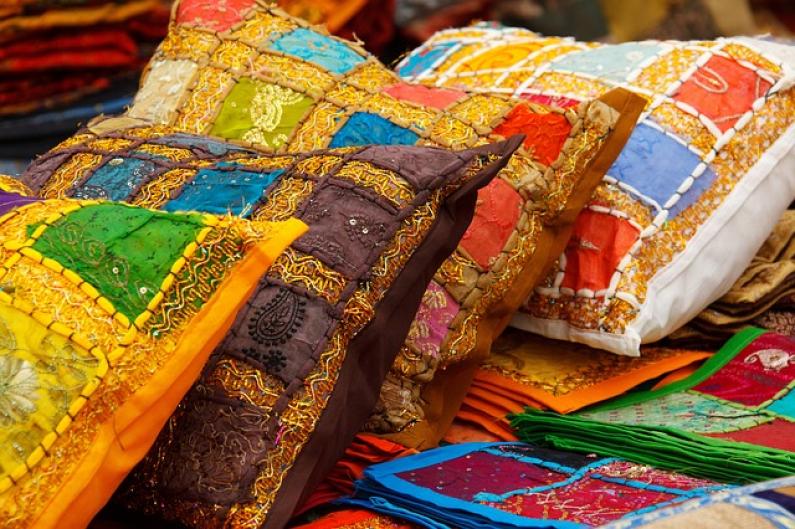
With cotton, wool and silk being just three of the largest produced textiles across the world, the industry is one which perhaps more than almost any other touches every single person on the planet – wherever they are located.
Textiles covers many areas including clothing, bedding and carpets and they are items we all use in our daily lives. Production is huge and the amounts imported and exported from nation to nation amount to billions of tonnes of cloth every year. With there being so many boundaries to cross, the issue of language differences and the need for translation is particularly paramount.
The language of weaving
Every textile has manufacturing production centres of almost unimaginable sizes; for cotton as an example, China and India top the table in the manufacturing stakes producing over 12 tonnes per year between just these two countries alone. Whilst much of this is for domestic use, large amounts are exported to countries where there will be language barriers and with the financial implications of a badly handled deal at stake, the use of a professional translation company to manage documentation and conversation is crucial to the successful completion of a sale possibly worth millions.
Why a professional translation company should always be used
The textiles industry has a number of terms and phrases which are unique and finding a translation company with previous experience and knowledge of working with textile information means that the work produced will be accurate and completed to a deadline. Using a company which does not have experience of the terminology used could mean that translations are incorrect or the project slows down as words need to be looked up by the translator. It’s also important to use a native speaker of the language so they understand local linguistic nuances.
Add new comment